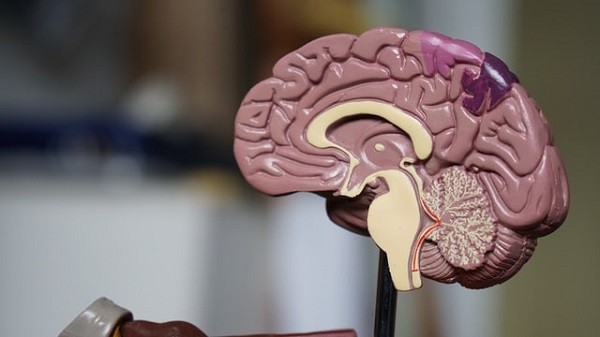COVID-19 Pandemic Lockdowns, Social Restrictions Prematurely Affected Teens’ Brains, Study Finds

Teenagers who lived through the lockdowns and social restrictions during the COVID-19 pandemic experienced more premature brain aging than other age groups, according to a new study.
Researchers from the University of Washington analyzed brain scans taken in 2021 after the lockdowns were lifted. Specifically, the researchers measured cortical thinning. Typically, the thinning of the cortex happens in late childhood or early adolescence as the brain begins to shrink its outer layer.
Evidence of premature brain aging was found in both teenage boys and girls, particularly in the brain region linked to vision and the processing of faces. However, teenage girls were disproportionately affected, with their brains aging 4.2 years faster compared to 1.4 years among boys, according to the study published Monday.
"That is a stunning difference," Patricia K. Kuhl, a director of the Institute for Learning and Brain Sciences and one of the study's authors, said, as quoted by the New York Times.
"[The results suggested that] a girl who came in at 11, and then returned to the lab at age 14, now has a brain that looks like an 18-year-old's," Kuhl added.
Why Are Girls Disproportionately Affected?
Kuhl attributed the drastic change in teenage girls to social deprivation, noting that they are more likely to depend on social interaction to release stress. Kuhl also noted that adolescent girls are more likely to depend on social interaction for their physical and emotional development compared to boys.
Among girls, many of the affected areas were brain regions linked to social cognition, processing emotions, and language comprehension.
What Happens When the Cortex Thins Out?
Generally, the thinning of the cortex is not bad. This process naturally occurs as the brain rewires itself as it matures. Cortical thinning helps the brain become more efficient. However, the process can accelerate under stressful conditions. A separate study published in 2009 linked premature cortical thinning with depression and anxiety.
It is presently unclear whether accelerated cortical thinning would have dire consequences. However, the researchers are voicing concern over its possible effects on mental health and learning ability.
Other studies have linked premature brain aging to the COVID-19 pandemic but the research from the University of Washington is the first to explore the differences between boys and girls.
RELATED ARTICLE: Children Struggling to Focus on a Task May Have Underdeveloped Working Memory, Study Finds
© 2024 ParentHerald.com All rights reserved. Do not reproduce without permission.